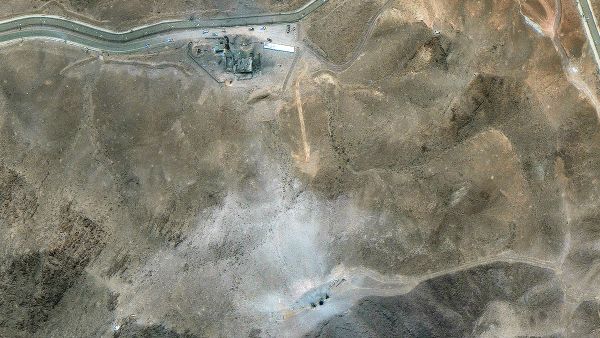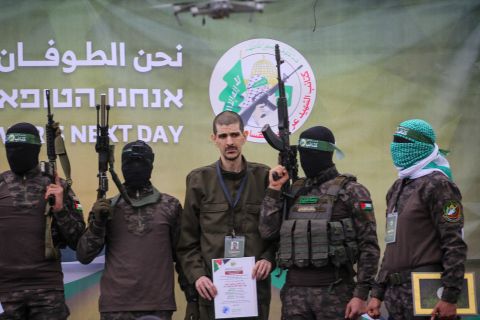ALBAWABA - Iran said on Saturday that it is no longer bound by international limits on its nuclear program. This means that the UN-approved 2015 nuclear framework, which tried to limit Tehran's nuclear activities in exchange for sanctions relief, is no longer in effect.
Iran's Ministry of Foreign Affairs said in a statement that "all provisions and limitations" imposed by UN Security Council Resolution 2231 have now expired. They also said that Iran's nuclear program will now be treated like that of any other non-nuclear state under the Non-Proliferation Treaty (NPT).
The ministry said that all nuclear-related restrictions and oversight mechanisms put in place by the 2015 Joint Comprehensive Plan of Action (JCPOA) will end on October 18, 2025.
The statement said, "All of the agreement's terms, such as limits on Iran's nuclear activities and systems for verifying them, have now expired."
"Iran is still very committed to diplomacy."
The government also asked the UN Secretary-General to "immediately correct false information" on the UN website about the reactivation of old resolutions against Iran. They also asked the organization to stop "further legal confusion" in the Security Council.
Iran: It's Time to End the Nuclear File
Tehran's statement asked that the Security Council take its nuclear issue off the agenda, where it has been for years under the topic of "non-proliferation."
The ministry said, "The inclusion of Iran's nuclear file in the Council's agenda was meant to confirm the peaceful nature of our nuclear program — a goal that has been fully achieved." They also pointed out that the International Atomic Energy Agency (IAEA) has never issued a report saying that Iran is trying to get nuclear weapons.
Put the blame on the West and give praise to the Allies.
Iran said that the US and the three European signatories (France, Germany, and the UK) did not keep their promises under the nuclear deal, especially when it came to easing sanctions.
The statement went on to say, "While Iran upheld additional safeguards and transparency measures, these countries broke their promises by keeping and expanding unjust sanctions."
The foreign ministry praised Russia and China for taking "responsible positions" and opposing the European Union's misuse of the JCPOA's dispute-resolution mechanism. It also thanked Algeria and Pakistan, two non-permanent members of the Security Council, for speaking out against the "illegal actions" of the three European countries.
"Peaceful Intentions Remain"
Tehran said again that its nuclear activities are completely peaceful and that it has the right to develop and use nuclear energy for civilian purposes in accordance with international law.
The statement ended with, "The Islamic Republic of Iran is still committed to diplomacy and will keep defending its legitimate rights and interests."
The announcement effectively ends a decade-long period of UN oversight and technical constraints on Iran's nuclear program. This is likely to raise tensions with Western powers and start new discussions about Tehran's long-term nuclear goals.










